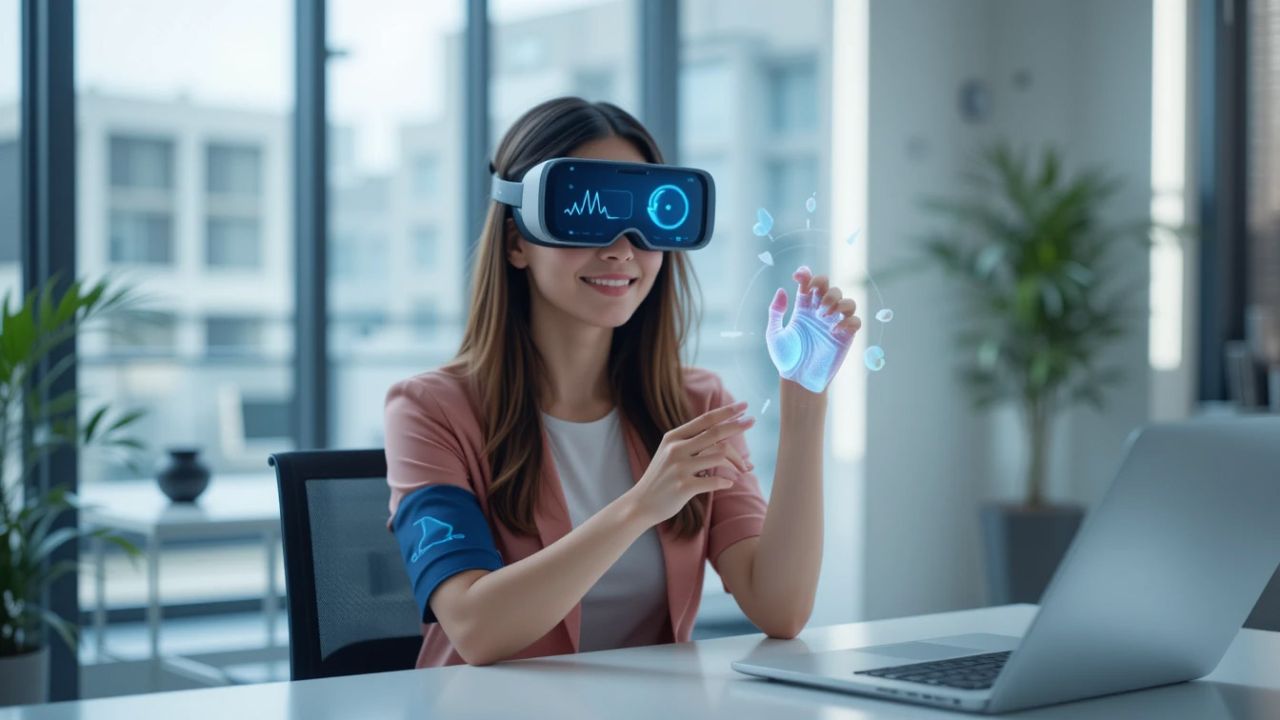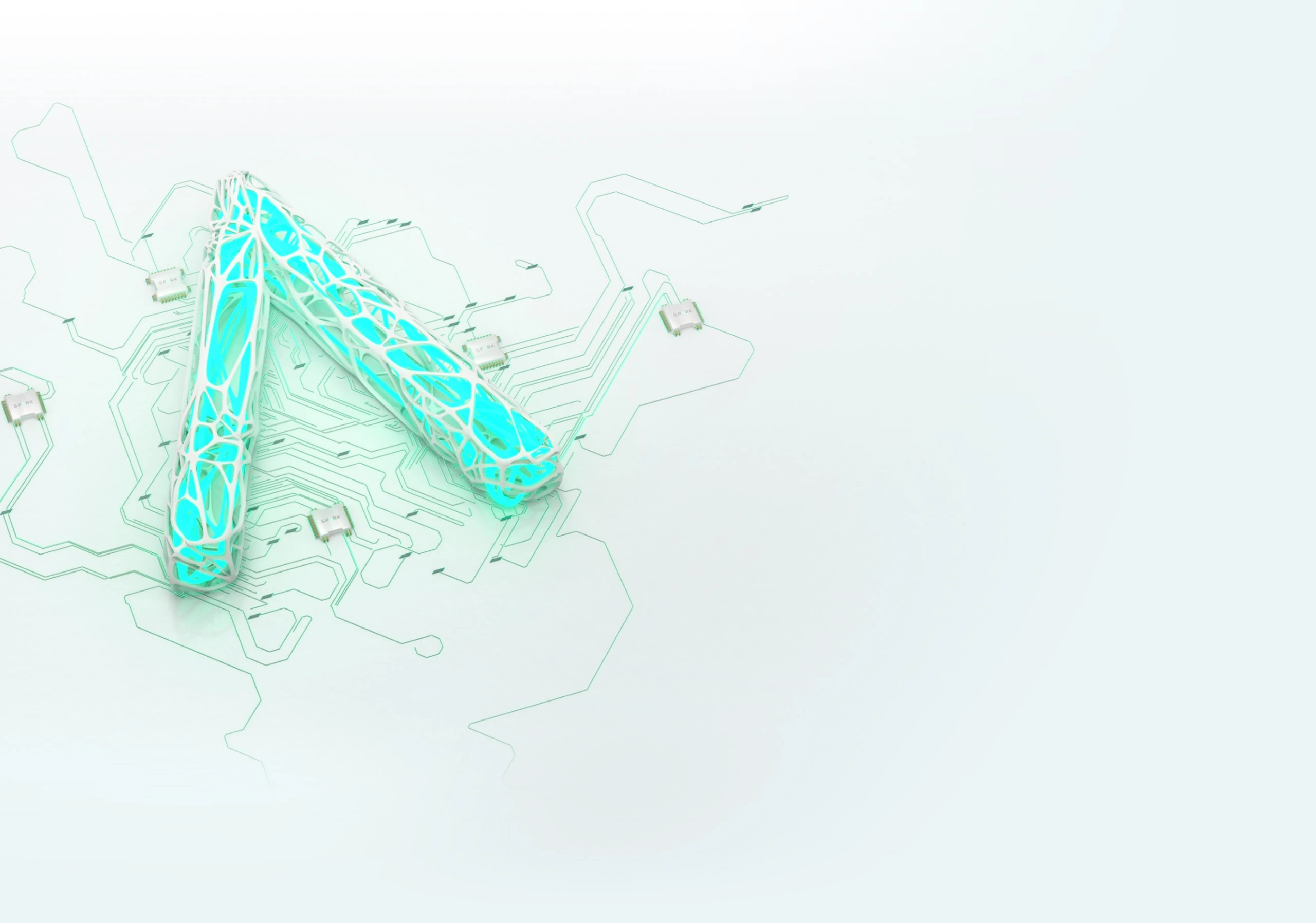Health Education in VR: Revolutionising Learning and Patient Engagement

 Author: Spark Team
Author: Spark Team
Health Education in VR: Revolutionising Learning and Patient Engagement
Introduction to Health Education in VR
As the healthcare landscape evolves, effective education and training are paramount to improving patient outcomes and ensuring that healthcare professionals stay current with the latest practices. Virtual Reality (VR) offers an innovative solution for health education, allowing learners to immerse themselves in realistic simulations that enhance understanding and retention. Spark Emerging Technologies leverages VR technology to create engaging health education experiences, empowering both students and professionals in the medical field.
Benefits of Health Education in VR
Implementing VR for health education provides numerous advantages that enhance training and learning:
Immersive Learning Experience: VR allows users to engage with realistic scenarios, providing a hands-on learning experience that enhances understanding of complex medical concepts and procedures.
Safe Environment for Practice: Healthcare professionals can practice skills in a risk-free virtual environment, reducing the chances of errors in real-life situations.
Enhanced Retention of Knowledge: The interactive nature of VR can lead to better information retention, as learners can visualise and practice concepts in a memorable way.
Real-Time Feedback: VR simulations can provide immediate feedback on performance, allowing learners to identify areas for improvement and adjust their techniques accordingly.
Accessibility for Diverse Learners: VR can make health education more accessible, accommodating different learning styles and enabling remote learning opportunities.
Real-World Applications of Health Education in VR
Medical Training: Medical students can practice surgical procedures, patient assessment, and emergency response in a controlled, immersive environment.
Patient Education: VR can be used to educate patients about their health conditions and treatment options, improving understanding and adherence to medical advice.
Nursing Education: Nursing students can simulate patient interactions and practice critical nursing skills in realistic scenarios, enhancing their clinical training.
Public Health Training: Health professionals can engage in VR simulations of public health crises, allowing them to practice response strategies and coordination during emergencies.
Pharmaceutical Training: VR can educate pharmacy students on drug interactions, dosages, and patient counselling in a practical setting.
How Spark Emerging Technologies is Leading VR Solutions for Health Education
At Spark Emerging Technologies, we specialise in developing VR solutions that enhance health education and training. Our immersive VR experiences provide healthcare professionals and students with the tools they need to learn, practice, and engage with medical concepts effectively. By collaborating with educational institutions and healthcare organisations, we create tailored VR applications that address specific training challenges.
Addressing Key Challenges with VR in Health Education
User-Friendly Interfaces: Our VR applications are designed with intuitive controls, ensuring that users can easily navigate and engage with the educational content.
Integration with Existing Curriculum: We work closely with educators to ensure that our VR solutions align with existing health education programs and learning objectives.
Data Privacy and Security: Protecting sensitive health information is crucial; we implement robust security measures to safeguard data collected during VR interactions.
Scalability Across Educational Institutions: Our VR solutions are adaptable and scalable, allowing for deployment in various educational settings, from universities to training programs.
Case Study: VR for Medical Training
A medical school partnered with Spark Emerging Technologies to implement VR training modules for surgical education. The VR platform allowed students to practice various surgical techniques in a realistic, risk-free environment. This initiative resulted in a 30% increase in student confidence and competence during clinical rotations, significantly improving their overall training experience.
The Role of VR in Advancing Health Education
Health education in VR is transforming how medical professionals and students learn and engage with complex concepts. By providing immersive, interactive experiences, VR enhances understanding, retention, and practical application of medical knowledge. This innovative approach not only streamlines education but also fosters a culture of continuous learning and improvement within healthcare organisations.
Future of Health Education in VR
As VR technology continues to evolve, the potential for health education applications will expand significantly. Spark Emerging Technologies is committed to enhancing our VR solutions, anticipating more sophisticated applications that empower healthcare professionals and students to learn effectively. The future promises increasingly interactive and insightful VR experiences that will play a critical role in shaping health education.
Conclusion
Health education in VR offers innovative solutions for enhancing training and patient engagement in the healthcare sector. Spark Emerging Technologies provides cutting-edge VR applications that enable healthcare professionals and students to learn, practice, and engage effectively, fostering operational efficiency and better patient outcomes. Discover how our VR solutions can transform your health education programs—contact Spark Emerging Technologies for a demo today.
Contact Us:
Interested in optimising your health education with VR? Contact Spark Emerging Technologies to schedule a consultation and learn how our solutions can benefit your organisation.
© 2026 All Rights Reserved | Company Reg No. 05327622 | Spark Emerging Technologies Limited






